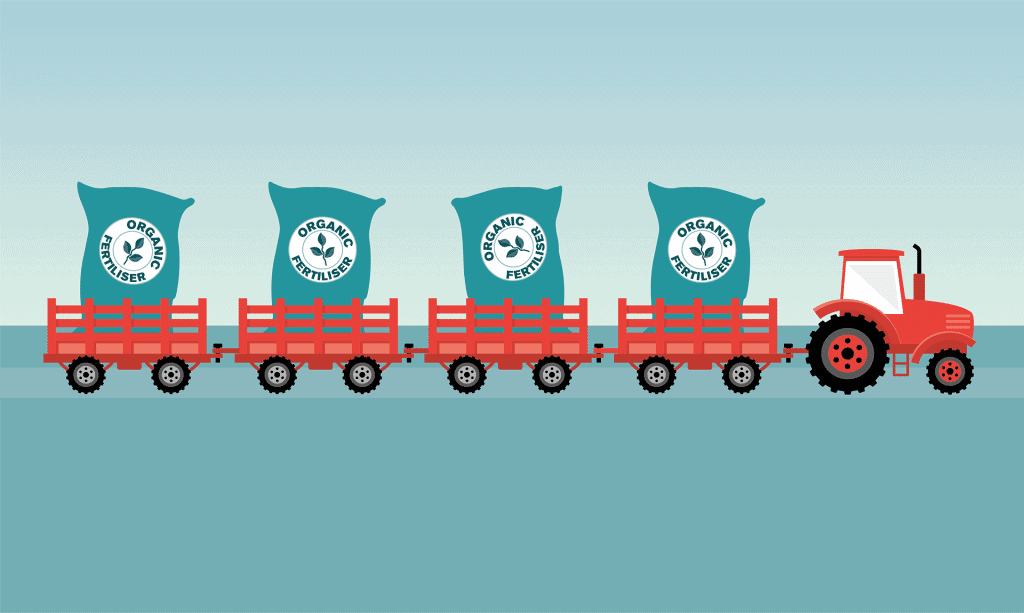Worldwide, farmers and food producers are facing increasing challenges. They are required to produce more high-quality products with fewer inputs whilst also protecting the environment.
Soon (20 May 2020), the European Commission will present its Farm to Fork Strategy with clear targets to reduce the use harmful pesticides and fertilisers, for instance. The Strategy is a potential stepping-stone that agri-tech companies operating in the Netherlands should value and seize.
Agriculture contributes to almost a quarter of total global greenhouse gas emissions. By 2030, the EU has committed to cut these emissions by 30%. However, that’s just one piece of the puzzle. Europeans are increasingly interested in high-quality products, which involve the use of fewer or no harmful pesticides, and which respect animal welfare.
The spread of Covid-19 has shed light on the alleged vulnerability of our food production systems, calling into question mitigation and adaptation to climate change in favour of food security. In the Netherlands, the discussion about nitrogen emissions renders this issue even more relevant for anyone working in the agri- and horticulture value chains.

Environmental protection and food security are two sides of the same coin, and neither should be pursued to the exclusion of the other. European farmers and growers are tasked with the production of more and high-quality food, with fewer inputs and more ethical production chains. This provides opportunities for the Dutch approach to growing fresh and sustainable food, thereby placing the Netherlands as a front-runner in the development and marketing of innovative food technologies and products.
The soon-to-be-released European Farm to Fork Strategy will provide opportunities that agri-tech companies operating in the Netherlands should assess and tap into. The strategy will aim to increase the level of ambition for the sustainable production of food in Europe. Particularly, it will pave the way for legislative initiatives that will reduce the use of harmful pesticides, fertilisers and antibiotics. The strategy will for instance define clear targets for the reduction of harmful chemical pesticides by 2030 and will promote alternative approaches for the management of pests and diseases that affect crops. With regard to fertilisers, the strategy will address pollution from nutrients in agricultural facilities, whilst encouraging the management of nitrogen and phosphorus throughout production processes.






